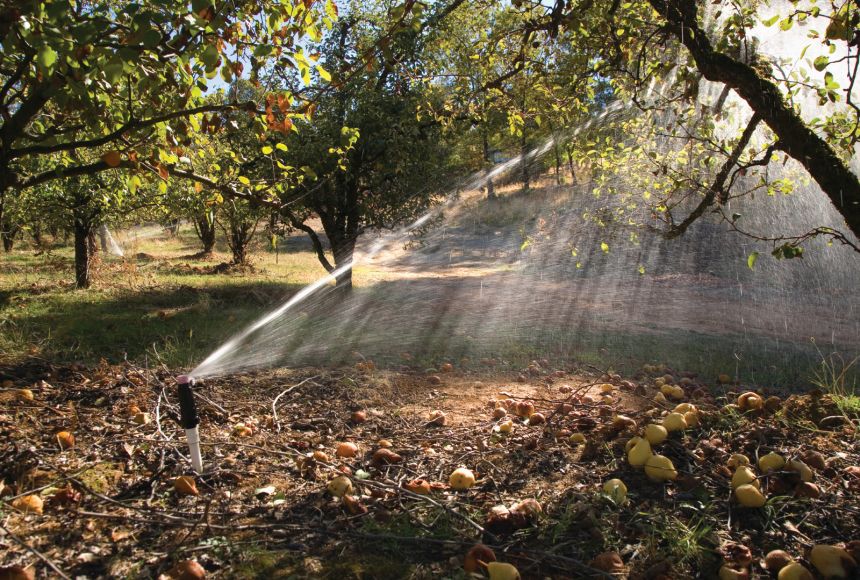ENCYCLOPEDIC ENTRY
ENCYCLOPEDIC ENTRY
Sustainability
Sustainability
Sustainability is the practice of using natural resources responsibly today, so they are available for future generations tomorrow.
Grades
5 - 8
Subjects
Earth Science, Climatology
Image
Sprinkler irrigation
Responsible use of water resources is an important factor to consider when discussing sustainability, especially in places like California, which are often subject to long droughts.
Photograph by the United States Department of Agriculture

Media Credits
The audio, illustrations, photos, and videos are credited beneath the media asset, except for promotional images, which generally link to another page that contains the media credit. The Rights Holder for media is the person or group credited.
Director
Author
Production Managers
Program Specialists
other
Last Updated
October 19, 2023
For information on user permissions, please read our Terms of Service. If you have questions about how to cite anything on our website in your project or classroom presentation, please contact your teacher. They will best know the preferred format. When you reach out to them, you will need the page title, URL, and the date you accessed the resource.
Media
If a media asset is downloadable, a download button appears in the corner of the media viewer. If no button appears, you cannot download or save the media.
Text
Text on this page is printable and can be used according to our Terms of Service.
Interactives
Any interactives on this page can only be played while you are visiting our website. You cannot download interactives.